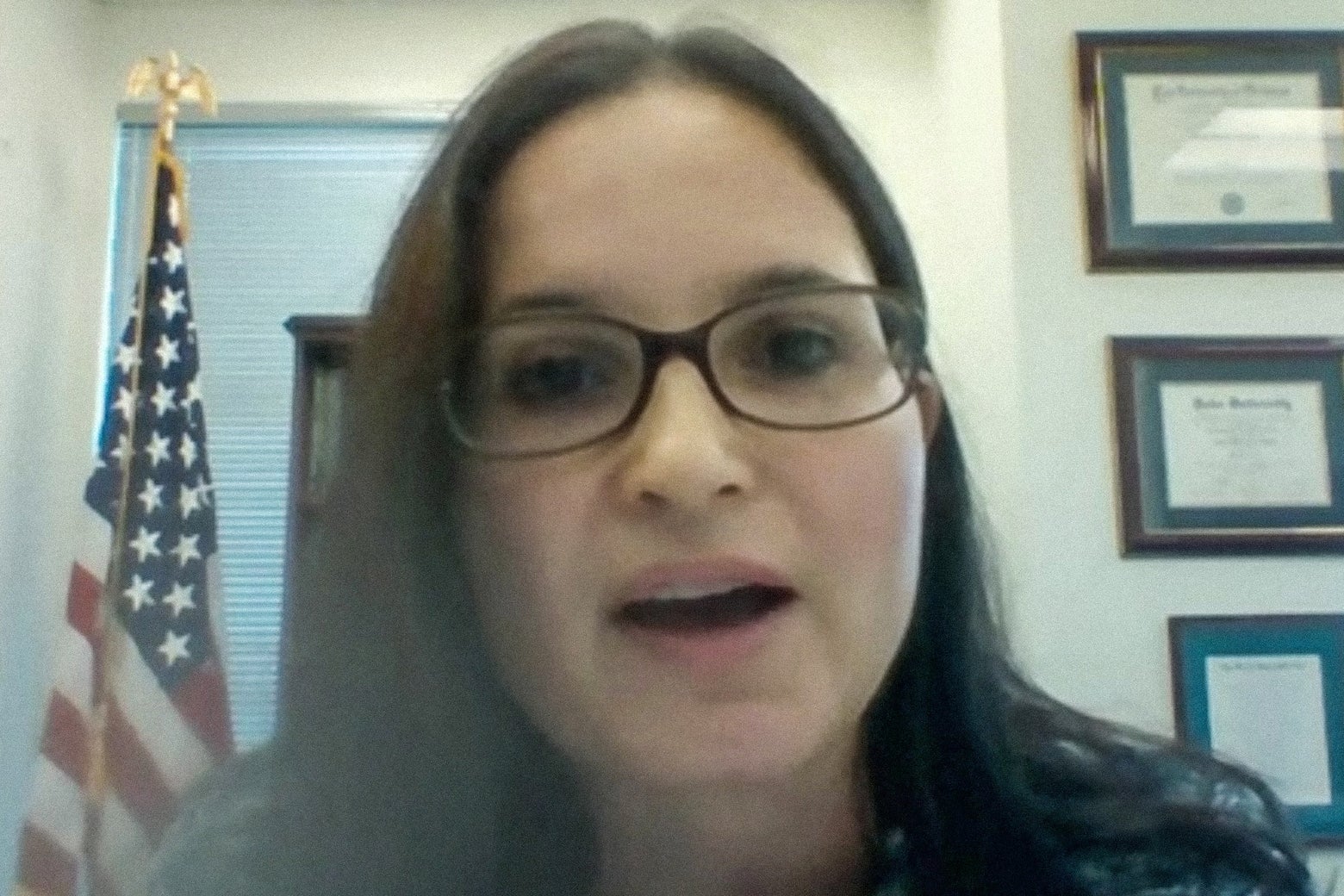On Friday, District Judge Aileen Cannon issued a new order in the Donald Trump classified documents case adding to the mountain of evidence that she is firmly in the former president’s pocket. Trump appointed Cannon in 2020 and the Senate confirmed her appointment in the days after he lost the 2020 election. It’s deeply offensive to the rule of law for judges to bend the law to benefit those who put them on the bench. Sadly, Cannon does just that.
Cannon’s new ruling rejected special counsel Jack Smith’s entirely standard request that she order Trump to state whether he intends to rely on an “advice of counsel” defense ahead of the trial, currently scheduled for May 20. Advance notice of the defense helps expedite a trial because defendants asserting it need to provide additional discovery to prosecutors—raising the defense means that defendants must disclose all communications with their attorneys, as the defense waives the attorney–client privilege.
Judge Cannon’s brief order asserted that Smith’s motion was “not amenable to proper consideration at this juncture, prior to at least partial resolution of pretrial motions” and further discovery.
Sound innocuous? It’s anything but. Instead, it’s part of a pattern we’ve already seen of Cannon laying the groundwork for delaying Trump’s trial—until it’s too late for a jury to be empaneled and the case tried to verdict before the election.



Remind me: doesn’t a pardon include or rather imply an admission of guilt?
Because no guilt, no grounds for pardon, right?
Can pardons be effectively handed out for all kinds of crimes? Or are there crimes, which just can’t be pardoned - strictly from a legal point of view of course.
True, but what does that matter to him? He’s their god king. It’s all for the sound bite they can parrot.
You can be pardoned for crimes you haven’t committed yet, legally speaking.
Not crimes you haven’t yet committed - you can’t pardon an assassin for murder then send them on their way
It can be crimes you haven’t been convicted of, which is what I think you meant to say
That’s more DoJ policy, which is legally like an employee handbook: precedent that it is to be followed when deciding to prosecute cases. It would still need to go to court and be weighed by a judge.
Edit: On the topic of civil or state charges, it can be argued as admission of guilt, but again, up to the court to decide.
The President ultimately gets to decide who to pardon. Everything else relates to the Office of the Pardon Attorney/DoJ is there to “help” the President make the president make his decisions. And Trump has already ignored the norm and pardoned whoever he wanted.